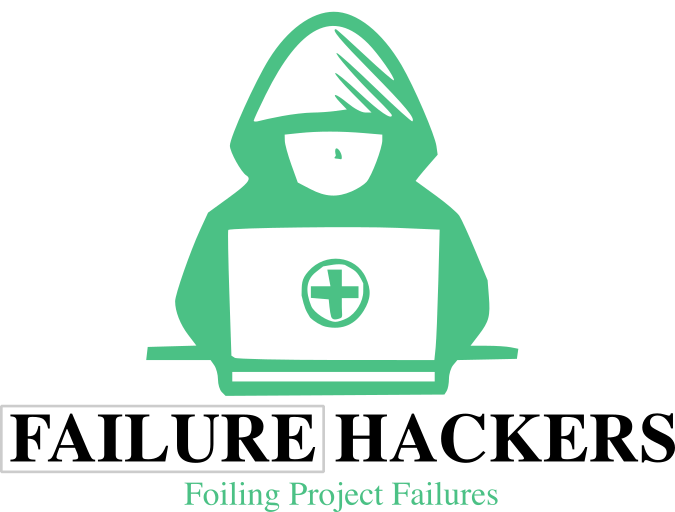Here is a list of 20 problem solving methods, techniques, tools, and approaches commonly used in startups and small to medium-sized enterprises (SMEs) to help you tackle your own problems:
1. Lean Startup Methodology
- Focuses on building a minimum viable product (MVP), iterating quickly based on customer feedback, and reducing wasted resources.
2. Agile Framework
- An iterative and flexible approach to project management, especially suitable for startups to adapt and pivot quickly.
3. Design Thinking
- Emphasizes empathy for the customer, rapid prototyping, and iterative testing, enabling innovative problem-solving.
4. Business Model Canvas
- A visual tool to map out key components of a business model, helping startups and SMEs refine their business strategies.
5. SWOT Analysis
- Identifies internal Strengths and Weaknesses and external Opportunities and Threats, helping to develop strategies.
6. Five Whys
- Simple yet effective technique for drilling down to the root cause of a problem by asking “why” repeatedly.
7. OKRs (Objectives and Key Results)
- Goal-setting framework that helps small organizations focus on what matters most and track progress.
8. Rapid Prototyping
- Building quick prototypes to test and validate concepts, enabling faster feedback and iteration.
9. Customer Journey Mapping
- Visual representation of the customer experience, highlighting pain points and opportunities for improvement.
10. Growth Hacking
- Combines marketing, data analysis, and product development to find low-cost and creative ways to grow the business quickly.
11. Kanban
- Visual workflow management tool to improve task tracking, productivity, and efficiency.
12. Bootstrapping
- Focuses on building and scaling a business with minimal external funding, emphasizing efficiency and resourcefulness.
13. Pareto Analysis (80/20 Rule)
- Helps prioritize actions by identifying the small percentage of causes that contribute to most problems or benefits.
14. Lean Canvas
- A streamlined version of the Business Model Canvas, specifically tailored for startups to validate their ideas and assumptions quickly.
15. Mind Mapping
- Visual brainstorming tool that helps organize thoughts, ideas, and solutions around a central concept.
16. A/B Testing
- Experimentation method to test different versions of a product, service, or marketing approach to determine what works best.
17. Bootstrapped Marketing Techniques
- Cost-effective strategies such as content marketing, social media, and SEO, essential for startups with limited budgets.
18. SCRUM
- A subset of Agile methodology focused on small, self-organizing teams that deliver working increments of a product in short cycles.
19. Value Proposition Canvas
- Complements the Business Model Canvas by focusing on aligning product offerings with customer needs and desires.
20. Risk Management Matrix
- A tool to identify, assess, and prioritize risks, enabling SMEs to mitigate potential threats and seize opportunities.
These methods and tools enable startups and SMEs to address problems efficiently, adapt quickly to changes, and scale their operations with limited resources.

